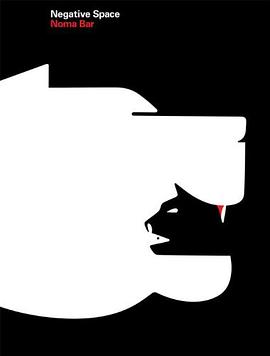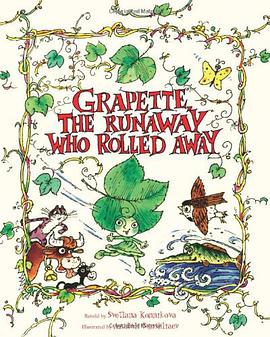

具体描述
This book examines the unique dynamics between Orthodoxy and politics in Romania. It provides an accessible narrative on church-state relations in the early Cold War period within a wider timeframe, from the establishment of the state in 1859 to the rise of Nicolae CeauAuescu in 1965. In the 1950s Romania began to distance itself from Moscow's influence, developing its own form of communism. Based on new archival resources, the book argues that Romanian national communism, outside Moscow's influence, had an ally in a strong Church. It addresses the following questions: How did the Church, which openly opposed communism in the interwar period, survive the atheist regime? How did the regime use religion to its political advantage? What was the Church's influence on Romanian politics? The book analyses the political interests of the Romanian Orthodox Church and its religious diplomacy with actors in the West, in particular with the Church of England.
作者简介
目录信息
读后感
评分
评分
评分
评分
用户评价
相关图书
本站所有内容均为互联网搜索引擎提供的公开搜索信息,本站不存储任何数据与内容,任何内容与数据均与本站无关,如有需要请联系相关搜索引擎包括但不限于百度,google,bing,sogou 等
© 2026 book.quotespace.org All Rights Reserved. 小美书屋 版权所有




















